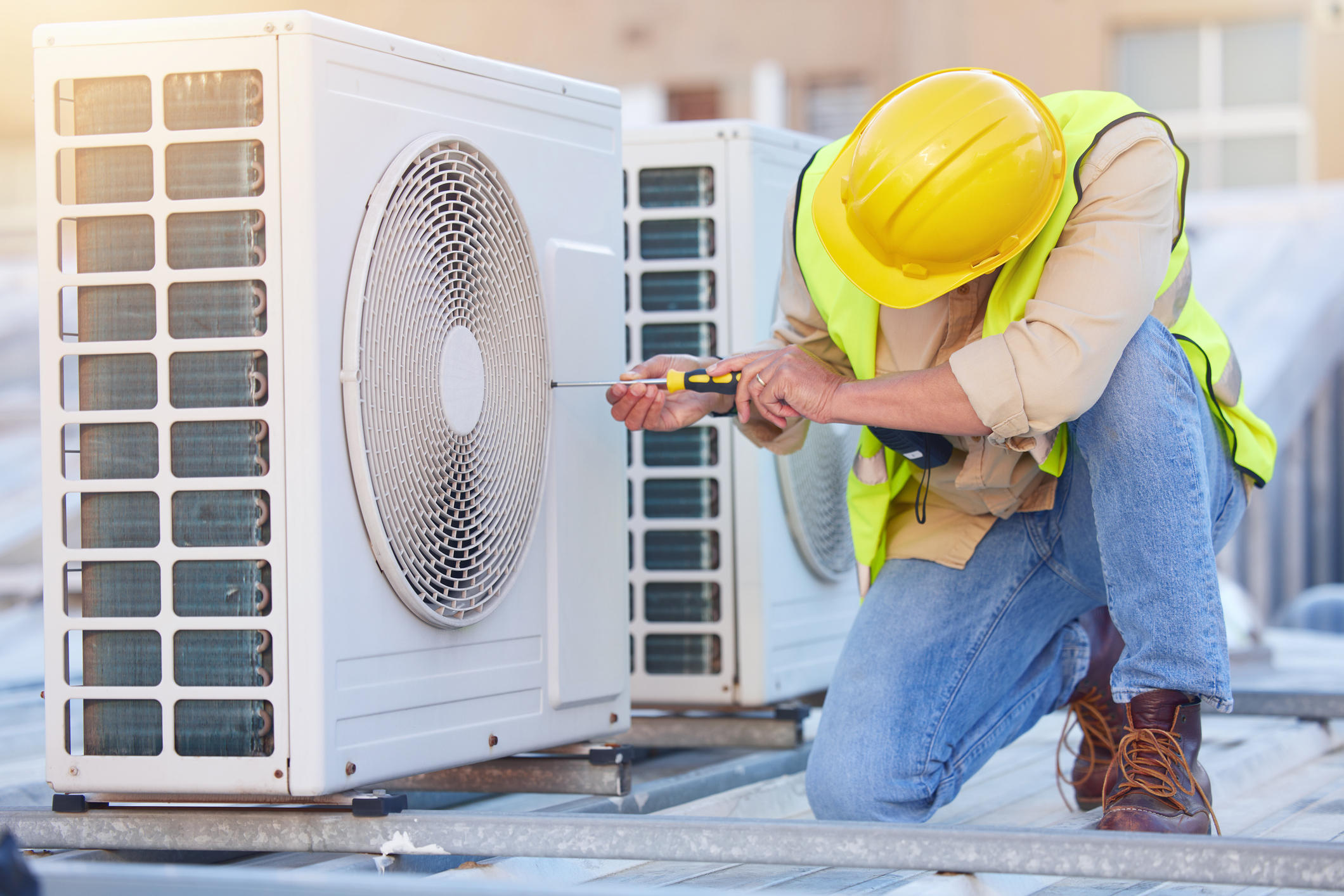Selecting the right residential hvac Rocklin CA system for your home can seem like a daunting task. After all, this is an investment that affects your comfort, energy bills, and indoor air quality for years to come. Whether you’re building a new home, replacing an old system, or upgrading to something more energy-efficient, there are many factors to consider.
In this guide, we’ll explore the key considerations you should keep in mind when choosing an HVAC system for your home. We’ll also discuss the importance of professional HVAC services and how they can help you make the best choice for your needs.
What is a Residential HVAC System?
A residential HVAC (Heating, Ventilation, and Air Conditioning) system is responsible for heating, cooling, and maintaining the air quality in your home. The system is typically composed of a furnace or heat pump for heating, an air conditioner for cooling, a ventilation system, and a series of ducts that transport the air throughout the house.
Given the variety of HVAC systems available today, it’s important to understand how each system works to determine which one is best suited for your home.
Key Considerations When Choosing a Residential HVAC System
1. Energy Efficiency: Why It Matters
When selecting a residential HVAC system, energy efficiency should be one of your top priorities. Not only does it affect your monthly utility bills, but an energy-efficient system is also better for the environment.
Look for systems with a high SEER (Seasonal Energy Efficiency Ratio) rating for air conditioners and a AFUE (Annual Fuel Utilization Efficiency) rating for furnaces. These ratings indicate how much energy the system uses to produce heating or cooling. The higher the rating, the more efficient the system.
Some popular high-efficiency systems include:
• Energy Star certified systems: These meet strict energy efficiency guidelines set by the U.S. Environmental Protection Agency (EPA).
• Variable-speed HVAC systems: These adjust the fan speed to match your heating or cooling needs, reducing energy consumption.
By choosing a system that offers high efficiency, you can reduce your carbon footprint and save money in the long run.
2. System Size: Bigger Isn’t Always Better
One common mistake homeowners make when selecting a residential HVAC system is choosing one that is too large or too small for their home. An oversized unit may cool or heat your space quickly but will cycle on and off more frequently, leading to energy waste and uneven temperature control. Conversely, an undersized system will struggle to reach the desired temperature, causing it to work harder and leading to higher energy bills.
To avoid these issues, always consult with an experienced HVAC services professional to perform a load calculation. This will ensure that the system is the right size for your home’s square footage, insulation, and layout.
3. Types of HVAC Systems: Which One Is Right for You?
There are several different types of residential HVAC systems, and each has its advantages. Let’s take a look at the most common options:
• Split Systems: These are the most common residential HVAC systems, consisting of a furnace or heat pump for heating and an air conditioner for cooling. They are ideal for homes with existing ductwork.
• Ductless Mini-Split Systems: If your home doesn’t have ductwork or you want to target specific areas, ductless mini-split systems are a great option. They consist of an outdoor unit connected to one or more indoor units, allowing you to control the temperature in individual rooms.
• Heat Pumps: Heat pumps are versatile systems that provide both heating and cooling. They are particularly energy-efficient, as they transfer heat rather than generate it, making them an excellent option for moderate climates.
• Packaged Systems: In this system, all components are housed in one unit, typically located outside the home. These systems are ideal for homes with limited space or where there is no attic or basement to house the furnace and air conditioner.
When choosing the type of system, think about your home’s layout, existing infrastructure, and climate. Your HVAC contractor can help you assess the best option based on these factors.
4. Indoor Air Quality: Breathe Easy
Your residential HVAC system doesn’t just control the temperature in your home; it also affects your indoor air quality (IAQ). If you or your family members suffer from allergies, asthma, or other respiratory issues, you’ll want to select a system that promotes clean air.
Look for systems with high-efficiency particulate air (HEPA) filters, which can trap fine particles such as dust, pollen, and pet dander. You may also want to consider air purifiers or UV lights that kill bacteria and viruses.
Regular HVAC services and filter replacements can help maintain good IAQ and ensure that your system is working at peak performance.
How HVAC Services Help You Choose the Right System
Choosing the right HVAC system for your home is not something you should do on your own. Consulting with experienced HVAC services professionals is crucial for making an informed decision. Here’s how HVAC services can guide you through the process:
• Professional Consultation: A qualified HVAC contractor will assess your home’s needs and help you determine the best type and size of HVAC system. They’ll consider factors like the number of rooms, insulation, and local climate.
• Installation: Proper installation is key to ensuring that your new system operates efficiently. HVAC professionals have the training and expertise to install your system according to the manufacturer’s specifications.
• Ongoing Maintenance: Once your system is installed, residential HVAC services don’t stop. Regular maintenance, such as cleaning filters, checking refrigerant levels, and inspecting the ducts, is essential for keeping the system running smoothly and efficiently.
• Troubleshooting and Repairs: If your system isn’t working properly, HVAC contractors can quickly diagnose and repair the issue, saving you time and hassle.
Final Thoughts: Investing in the Right HVAC System Pays Off
Choosing the right residential HVAC system is one of the most important decisions you can make as a homeowner. A well-chosen system provides long-term comfort, energy savings, and improved indoor air quality. With the help of professional HVAC services, you can ensure that your new system meets your home’s needs and performs at its best.
Remember to consider factors like energy efficiency, system size, and indoor air quality when making your decision. And don’t forget that regular maintenance and expert installation are key to getting the most out of your system.
By investing time in selecting the right HVAC system, you’ll enjoy a comfortable, energy-efficient home for years to come. furnace installation Lincoln ca



